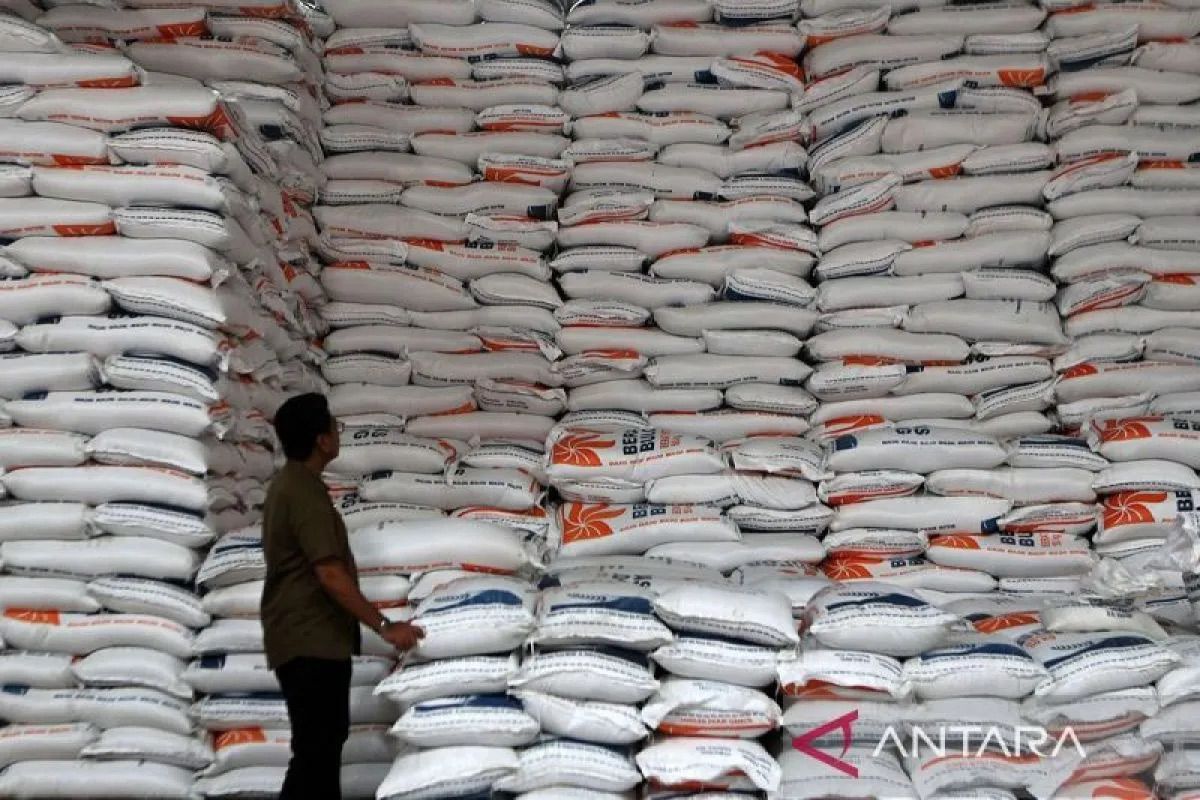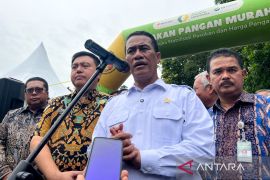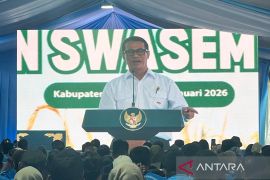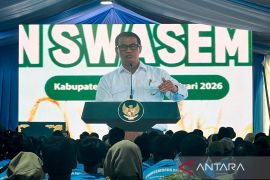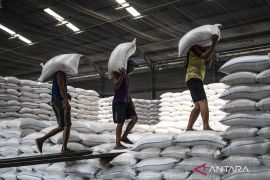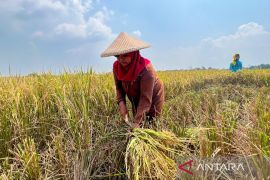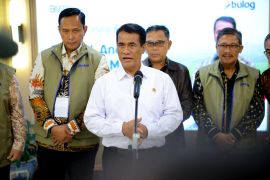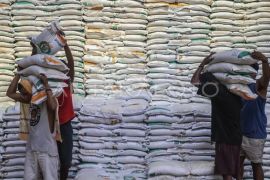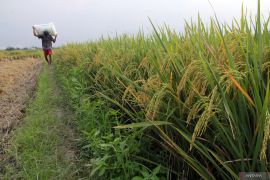“This result is the hard work of all stakeholders, including farmers, central and regional governments, as well as (the National Logistics Agency) Bulog,” he said in a statement issued on Tuesday.
Based on the current national stocks, he added, Indonesia is the largest rice producer in the region, surpassing major producers such as Thailand and Vietnam.
An official report from the United States Department of Agriculture (USDA) has also put Indonesia at the top of Southeast Asia's rice production bases.
Based on the USDA Rice Outlook April 2025 report, Indonesia's rice production during the 2024–2025 planting season is expected to reach 34.6 million tons, an increase of 600 thousand tons from the previous projection and up 4.8 percent compared to the year-ago period.
Indonesia's rice stocks, which have reached 3.7 million tons, are at their highest level since Bulog was founded in 1969. The stocks are expected to increase to 4 million tons, setting a new record in national food security.
"This is not just a number, but concrete evidence of the state's commitment to farmers and a food system that is starting to strengthen from upstream to downstream," Sulaiman said.
According to the minister, the achievement is the result of the government's affirmative policies, which included implementing additional subsidized fertilizer programs, strengthening agricultural machinery, accelerating planting, and digitalizing agriculture.
The government also guaranteed the price of unhusked rice by setting the price from Rp5,500 (US$0.33) per kilogram to Rp6,500 (US$0.39) per kg, he said.
He emphasized that the high availability of rice stocks is a strategic tool for the country to maintain price stability in the market and strengthen Indonesia's position in facing global food pressures.
"We will use this stock to strengthen national strategic reserves, food aid, and export potential if needed," he emphasized.
He further said that the government has prepared emergency warehouses and added 25 thousand priority warehouses throughout Indonesia to anticipate increased Bulog procurement and ensure that the harvest from farmers is absorbed and stored safely.
The government is optimistic that the positive trend will continue along with the peak of the harvest and the acceleration of the second planting season, with food stabilization steps strengthened through cross-agency synergy in absorption, distribution, and price control.
With this success, Sulaiman said, Indonesia is not only headed toward becoming self-sufficient, but also a potential global rice exporter.
Translator: Muhammad Harianto, Yashinta Difa
Editor: Aditya Eko Sigit Wicaksono
Copyright © ANTARA 2025
